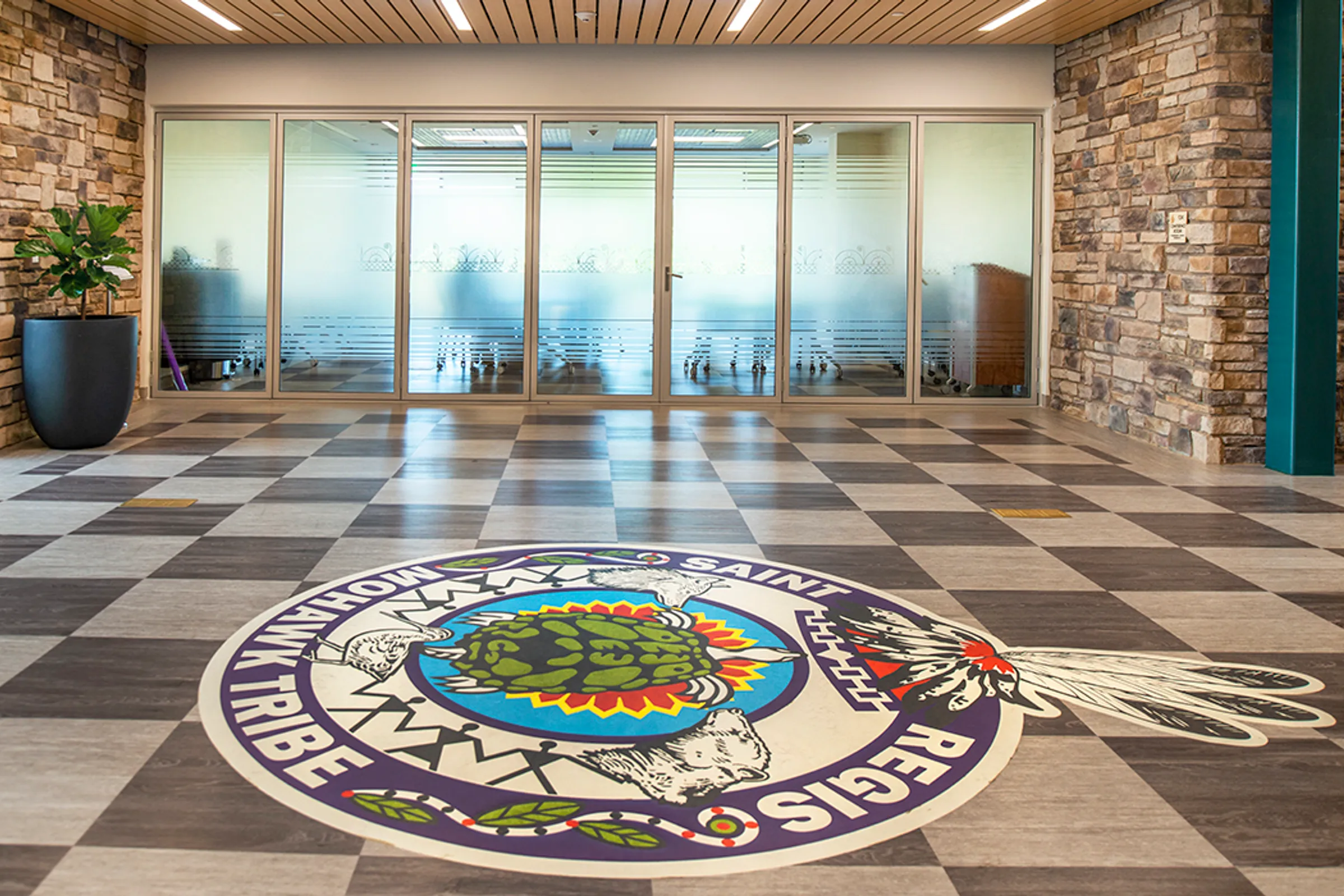
- Details
- By Kaili Berg
Mohawk students from the Saint Regis Mohawk Tribe have filed a legal complaint in U.S. District Court in the Northern District of New York, challenging recent federal changes that limit their access to college financial aid.
The lawsuit requests a preliminary injunction to halt new policies by the U.S. Department of Education, which now require Mohawk students born in Canada to present a U.S. passport or green card in order to receive federal financial aid through the FAFSA (Free Application for Federal Student Aid).
This marks a major departure from long-standing policy, which accepted tribal verification issued by the Saint Regis Mohawk Tribal Clerk’s Office as proof of eligibility.
The changes were made in coordination with the Department of Homeland Security, but without input from the tribal governments affected.
Tribal leaders say the policy not only violates tribal sovereignty but imposes unjust burdens on Indigenous students who already face barriers to higher education.
“Our people have been burdened by this imaginary line drawn across our lands for centuries,” said the Saint Regis Mohawk Tribal Council in a statement. “This action came without any notice or opportunity for tribal governments to weigh in on the impacts of these additional requirements, leaving some students who had planned to attend college in the fall without access to the federal financial aid that they are entitled to. We have never been required to apply for permission to live, work, or attend school on either side of this line.”
The Saint Regis Mohawk community straddles the U.S.-Canada border, and many of its members, like other Indigenous people protected under the Jay Treaty of 1794, have the right to freely cross and reside on either side.
For years, that unique legal status was respected in how the federal government processed student financial aid.
Now, tribal officials and families say the new documentation requirements disregard that historical and legal context.
“Our Mohawk students, along with other Native people born in Canada, are unfairly targeted with the new requirement issued by the Department of Education,” Stephanie Cook, Director of the Tribe’s Education Division said in a statement. “This has impacted many of our students’ dreams of earning a college degree. Our students must have access to all available resources to help them achieve their college and career goals.”
The Tribe’s Education Division is working alongside the Office of General Counsel to identify and assist affected students. Their goal is not only to reverse the policy but to affirm the rights of Mohawk citizens to live and learn on their homelands, regardless of which side of the border they were born on.
More Stories Like This
10 Years of Building Business Dreams for Indigenous WomenIchigo Foundation Awards American Indian College Fund Adult Education Program
Bard College Center for Indigenous Studies (CfIS) Hosts Annual Symposium With Keynote Speaker Miranda Belarde-Lewis on March 9–10
American Indian College Fund Announces Spring 2026 Faculty Fellow Cohort
Navajo Nation Signs $19 Million Diné Higher Education Grant Fund Act into Law
Help us defend tribal sovereignty.
At Native News Online, our mission is rooted in telling the stories that strengthen sovereignty and uplift Indigenous voices — not just at year’s end, but every single day.
Because of your generosity last year, we were able to keep our reporters on the ground in tribal communities, at national gatherings and in the halls of Congress — covering the issues that matter most to Indian Country: sovereignty, culture, education, health and economic opportunity.
That support sustained us through a tough year in 2025. Now, as we look to the year ahead, we need your help right now to ensure warrior journalism remains strong — reporting that defends tribal sovereignty, amplifies Native truth, and holds power accountable.
 The stakes couldn't be higher. Your support keeps Native voices heard, Native stories told and Native sovereignty defended.
The stakes couldn't be higher. Your support keeps Native voices heard, Native stories told and Native sovereignty defended.
Stand with Warrior Journalism today.
Levi Rickert (Potawatomi), Editor & Publisher


